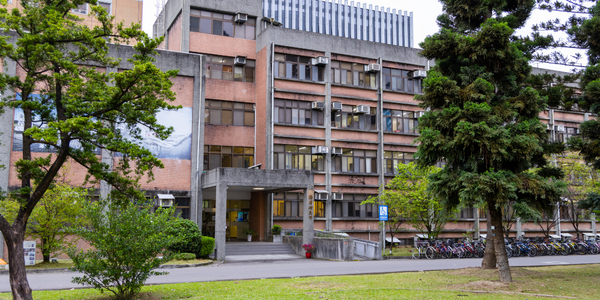Download PDF
Empowering Dispersed Teams: A Case Study on Sunbelt Properties
Technology Category
- Automation & Control - Electric Drives & Control
- Wearables - Backpack
Applicable Industries
- Buildings
- National Security & Defense
Applicable Functions
- Facility Management
Use Cases
- Inventory Management
- Smart Campus
The Challenge
Sunbelt Properties, a property management company with a portfolio of over 3,500 units across five states, faced a significant challenge in maintaining consistency in processes and metrics across their portfolio. The company's properties were managed by different third-party companies, each using a different property management software. This lack of uniformity made it difficult to provide consistent metrics and manage properties effectively across different states. The company's leadership, Mike Schmansky and Danielle Miner, realized that the biggest challenge was the lack of a unified software platform for property management. They needed a solution that would allow them to bring all property management processes in-house, on one software, with identical processes and procedures across all states.
About The Customer
Sunbelt Properties is a property management company established in 2019. The company manages over 3,500 units across five states - South Carolina, North Carolina, Georgia, Ohio, and Michigan. The company was founded by Mike Schmansky and Danielle Miner, who brought their diverse backgrounds in real estate and law enforcement to create a new breed of property management business. Sunbelt Properties prides itself on its culture of respect and authenticity, which has helped it attract and retain talented team members. The company has grown rapidly since its establishment, with a current headcount of 90 employees.
The Solution
Sunbelt Properties chose AppFolio as their technology partner to address their challenge. AppFolio's easy-to-use property management software allowed Sunbelt to unify their property management processes across all their properties, regardless of location. The software's intuitive design made it easy for employees to pick up, even if they had never used a property management software before. This ease of use helped Sunbelt attract and retain employees, contributing to the company's growth. Furthermore, the software enabled Sunbelt to create a culture of respect and authenticity, which gave them a competitive advantage in attracting and retaining talented team members. The software also allowed Sunbelt to provide consistent metrics across all their properties, regardless of the state they were located in.
Operational Impact
Quantitative Benefit
Related Case Studies.

Case Study
Energy Saving & Power Monitoring System
Recently a university in Taiwan was experiencing dramatic power usage increases due to its growing number of campus buildings and students. Aiming to analyze their power consumption and increase their power efficiency across 52 buildings, the university wanted to build a power management system utilizing web-based hardware and software. With these goals in mind, they contacted Advantech to help them develop their system and provide them with the means to save energy in the years to come.

Case Study
Intelligent Building Automation System and Energy Saving Solution
One of the most difficult problems facing the world is conserving energy in buildings. However, it is not easy to have a cost-effective solution to reduce energy usage in a building. One solution for saving energy is to implement an intelligent building automation system (BAS) which can be controlled according to its schedule. In Indonesia a large university with a five floor building and 22 classrooms wanted to save the amount of energy being used.

Case Study
Powering Smart Home Automation solutions with IoT for Energy conservation
Many industry leaders that offer Smart Energy Management products & solutions face challenges including:How to build a scalable platform that can automatically scale-up to on-board ‘n’ number of Smart home devicesData security, solution availability, and reliability are the other critical factors to deal withHow to create a robust common IoT platform that handles any kind of smart devicesHow to enable data management capabilities that would help in intelligent decision-making

Case Study
Commercial Building Automation Boosts Energy Efficiency
One of the challenges to building automation is the multitude of non-interoperable communications protocols that have evolved over the years. Buildings have several islands of automation. Bridging the islands of different automation without losing the considerable investment in each specialized control network is the main focus in this solution.

Case Study
Protecting a Stadium from Hazardous Materials Using IoT2cell's Mobility Platform
There was a need for higher security at the AT&T Stadium during the NFL draft. There was a need to ensure that nuclear radiation material was not smuggled inside the stadium. Hazmat materials could often be missed in a standard checkpoint when gaining entry into a stadium.






